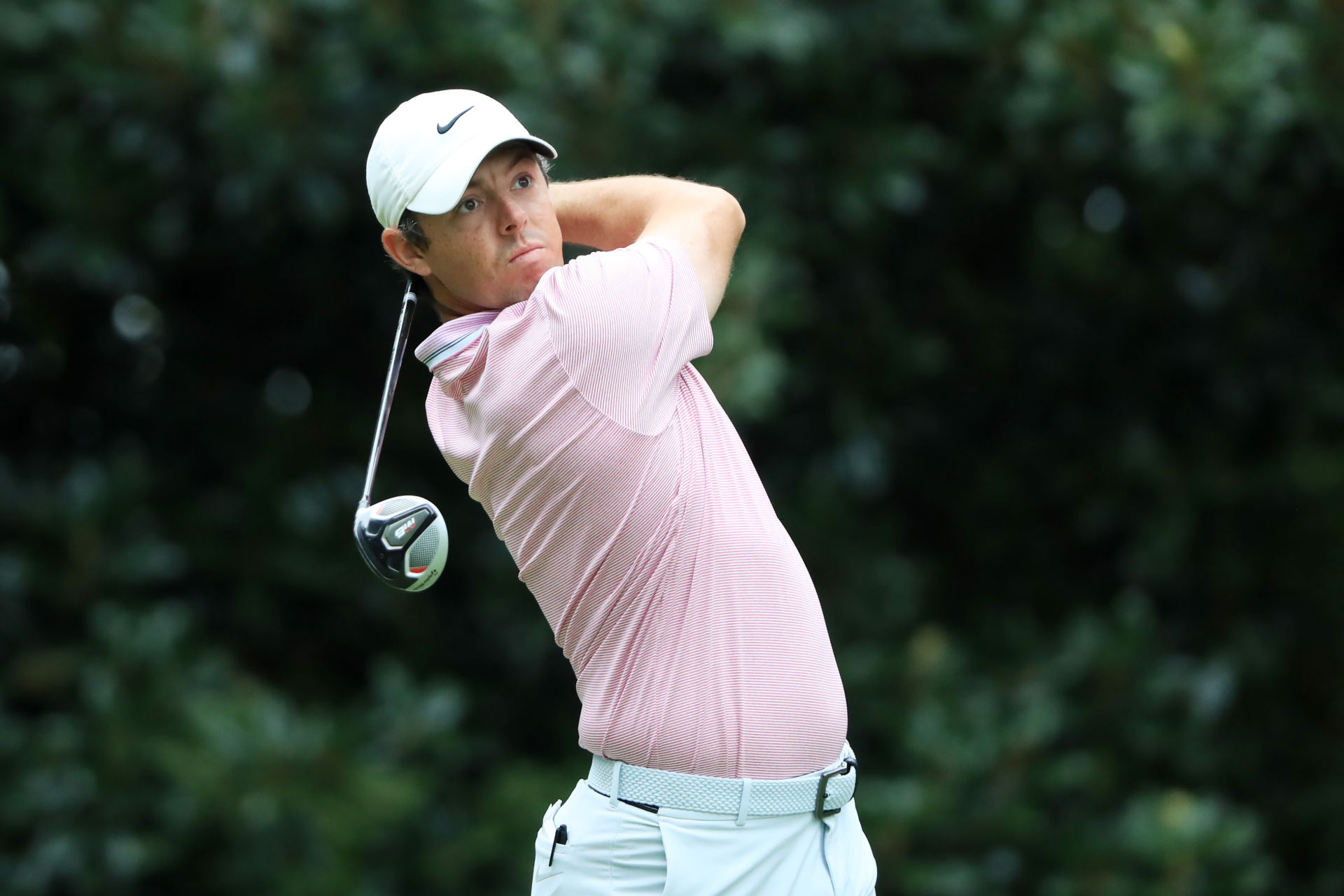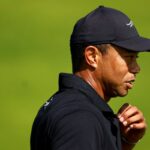Far be it from me to bring things crashing back down to earth after a man’s just won $15million and completed his most consistent season on the PGA Tour to date, but I’m quite confident Rory McIlroy won’t be reading this article any time soon.
First thing’s first; fair play to the new FedExCup champion for showing up to work this week in Switzerland for the European Masters. I know he’s only playing golf but this is the equivalent of you or me winning the lotto and turning up to the office the next morning. Kudos on the belated European Tour commitment, Rory.
Make no mistake about it, Sunday at East Lake was vintage McIlroy as he dismantled the field to win by four and take home more money than he’ll ever need to spend, but by his own admission, the Tour Championship will never be the acid test of McIlroy.
“Who knows what the winner wins at the Masters?” He told reporters pre-tournament. “I don’t know because that’s not what it’s about.
“If the FedExCup wants to create a legacy that lasts longer, it doesn’t need to be about the money. It should be about the prestige of winning an event that you’ll be remembered for.”
Given Sunday lacked those pertinent ingredients, it meant McIlroy was able to play with a freedom of mind that’s been missing from five years of shortcomings at the sport’s four Majors. Unfortunately, as resounding as his Sunday saunter proved, the wounds of McIlroy’s Portrush meltdown won’t fully heal until he gets over the line for a fifth Major title.
Which makes the calls lauding 2019 as Rory McIlroy’s best ever year quite extraordinary. From a consistency standpoint, sure, you can make the argument but Rory McIlroy won’t be remembered for how many top-10’s he compiled this year, or for the amount of dollars he banked off the back of it. He’ll be remembered for how many Majors he claimed – a grand total of zero, and with each passing year, that concern intensifies to the detriment of his play.
2014 remains McIlroy’s best year, a double Major winning return that set him up for so many more. The fact that he still sits at four is evidence enough that the Majors are a point of genuine worry for McIlroy and there’s no reason to suggest that a FedExCup win will prove the catalyst in bucking this trend.
In 2016, McIlroy won the Tour Championship and the then $10million bonus in a performance that signalled his revival following two years of Major disappointment. The following April, rounds of 72 and 73 meant his Grand Slam challenge never got off the ground as the Green Jacket went to Garcia at Augusta National. A 78 in round one of the US Open and a missed cut later wasn’t much better while he was five-over through six holes at The Open before then caddie, JP Fitzgerald had to remind McIlroy of who he was. Such a time for an identity crisis.
But in many ways, therein lies the problem; McIlroy’s lost his golfing identity. Perhaps the comforting thing is that in this, his most self-reflective year, the 30-year old is beginning to realise it too.
The handicapping system of the Tour finale may have been somewhat flawed last week but it played to Rory’s advantage. Starting from five back, McIlroy was forced to morph into the golfer who had stormed to four Majors by the age of 25; carefree and aggressive.
These days, McIlroy’s best golf, time and time again, spawns from a place of desperation. Take the Open; his Friday flash through the field was sparked by lost hope. That doesn’t necessarily solve the problem; he can’t rise from the ashes of a Thursday morning, but he should realise that his golfing gift allows him to play like few others can; without regard for safety.
It’s when McIlroy attacks a golf course with little respect for its designer that he produces his best stuff. It’s counter-intuitive for someone of his mercurial talents to play conservatively and if he can somehow take this mindset – one of a cocksure showman who doesn’t know any better– into the Majors next year, then maybe, like his main rival, Brooks Koepka, Rory can eye double-digit Majors before his career is done.
Just one word of advice, Rory. Whether you find the secret to unlocking your mind to the Majors once more or not, don’t speak a word of it in the lead up to the tournament. As Ronan Keating sings to himself on the first tee of a Sunday morning, ‘you play it best, when you say nothing at all’.
























Leave a comment